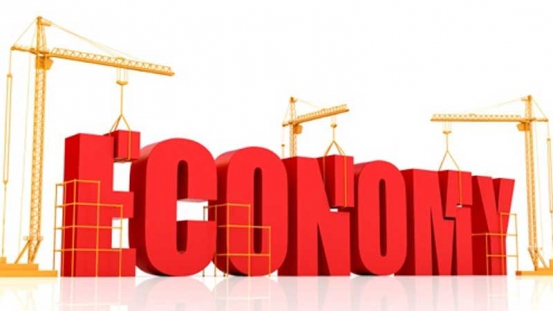×
The Standard e-Paper
Kenya’s Boldest Voice

The biggest cost to the economy was like an iceberg, invisible. It was the money that was never spent in either consumption or investment to create demand and keep the economy humming.
Economic analysts should thank the Supreme Court of Kenya (SCOK) for giving them a free experiment to test the resilience our economy.